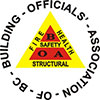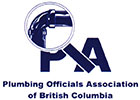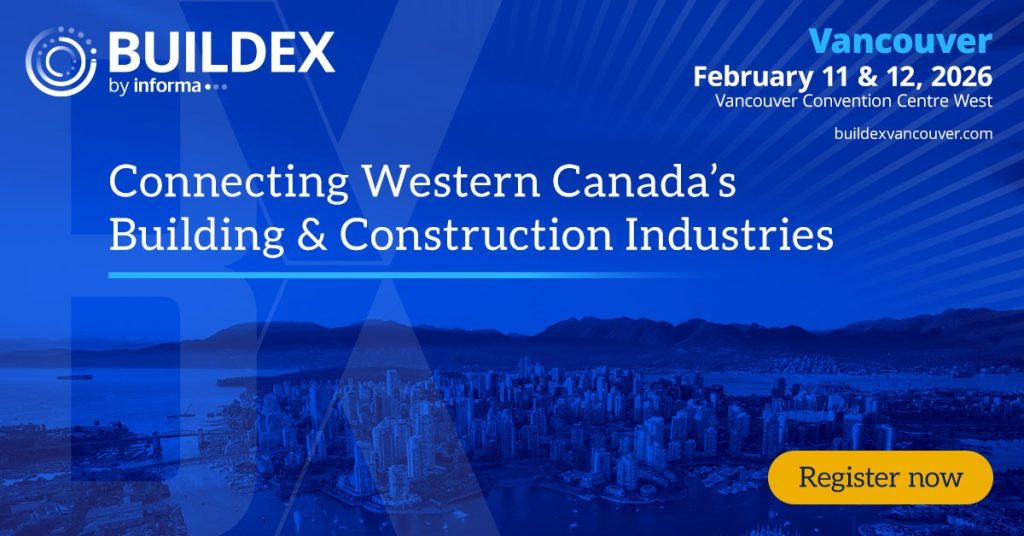
CPD Opportunity – Gentle Density Webinar
If you’re a planner or work in government, Small Housing BC invites you to join their upcoming Gentle Density Webinar, which can also be shared with builders, designers, and small-scale developers in your community.
This practical, low-cost training is designed to help communities navigate the transition to gentle density housing. You’ll gain insights from experts, real-world examples, and tools you can bring back to your local context.
You will learn:
- How to choose the right lot (and the economics behind it)
- Gentle density building science basics
- Zoning + Code compliance made approachable
- Designing for today’s buyers + renters
- How to structure your financing stack for positive returns
- How to scale your systems for future projects
Dates & Time:
- February 3–4, 2026 (8:00–11:30 AM PST)
Duration: Two half-day webinar sessions
Cost: Pay what you can
Location: Online via Zoom
Registration:
CPD Eligibility: 6 CPD points – category A3 (you will need to self-report these points)

National Building Code of Canada: 2025
To read the code, please visit National Building Code of Canada: 2025 – NRC Publications Archive – Canada.ca.

Local Government Development Approvals Program
The program guide for the third intake of the Local Government Development Approvals Program is now available: Local Government Development Approvals | Union of BC Municipalities. All local governments in BC (municipalities, regional districts, Islands Trust) are eligible to apply—applications will be accepted from January 5 – March 13, 2026.
The 2026 intake has been expanded to include new eligible activities that support:
-
- Alignment with Building Permit Hub
- Publishing policies and bylaws in a machine-readable format
- Use of modern methods of construction, such as offsite construction, prefabricated construction, and modular construction
Regional project applications are also new to the 2026 intake. A regional project is a collaborative project between two or more eligible applicants. Available funding is up to $200,000 per project or up to $800,000 per regional project.
UBCM will be providing a funding webinar on Wednesday, January 21, from 1:30 – 3pm PST. Register now at this link.

For Review: Upcoming Amendments to the BC Building Code (2024)
The B.C. Government invites comments on upcoming amendments to British Columbia Building Code (BC Codes) 2024.
The technical public review will run from December 15, 2025, to January 23, 2026. Information to support your participation is available on the BC Codes public review website. The revisions are anticipated to take effect by March 2026.
This technical public review focuses on the following proposed changes:
- Permit the use and acceptance of CCMC evaluations as acceptable solutions.
- Adopt National Model Code provisions for Secondary Suites as an option (pending).
- Provide further guidance for Structural Engineers by defining structural elasticity.
- Inclusion of additional reference documentation to provide guidance for Structural designers when applying performance-based seismic assessments for “upgrades” and “retrofits” of existing buildings.
- Adopt revised energy efficiency step code metrics adjustments for smaller homes in colder climates.
Please note: The proposed code change for Secondary Suites will be posted as soon as it becomes available.
The following are for information only (no feedback required):
- Strata
- Minor changes to address compliance challenges with Part 9 lateral loads (braced wall panels)
Please feel free to share this information with others in your organization.
Questions on the survey or the proposed code changes can be emailed to construction.standards@gov.bc.ca.
Access the survey on the proposed code changes here.

Welcoming Tatiana Pérez Vélez as our new Director of Compliance and Operations
The Association is pleased to announce that Tatiana Pérez Vélez has joined us as our new Director of Compliance and Operations, effective January 5, 2026.
Tatiana brings a wealth of experience in professional regulation, investigations, governance, and legal practice. In this pivotal role, she will lead our efforts in delivering compliance programs, managing strategic projects, developing policy, and building positive relationships with members and stakeholders.
Before joining the Association, she worked at the Architectural Institute of British Columbia (AIBC) as Conduct and Discipline Officer. She has a proven track record of successfully navigating complex regulatory environments and implementing systems that streamline operations without compromising on quality or excellence.
Tatiana holds a Law Degree from Universidad Pontificia Bolivariana, along with postgraduate diplomas in Environmental and Administrative Law. She is also a member of the BC Paralegal Association.
Please join us in welcoming Tatiana to the team.

BUILDEX Vancouver
February 11 & 12, 2026 | Vancouver Convention Centre West, Vancouver
Connecting Western Canada’s Building & Construction Industries
Join B.C.’s leading design, construction and real estate professionals. Access transformative ideas and cutting-edge products changing the built environment. Drive your projects forward. Registration is now open.
BOABC Members save on their BUILDEX tickets with exclusive discount rates.

Notice of Changes to Fee Structure
Modest increases to membership dues and other fees are being proposed so that the Association can effectively meet legislated obligations as well as deliver the education, professional development and other services that support members, local authorities and the broader building regulatory system.
The Association is providing members and local authorities with an opportunity to provide feedback and ask questions about the proposed changes between November 4, 2025, and January 30, 2026. You are asked to submit feedback by emailing the Association at FeeConsultation2025@boabc.org.

CPD Opportunity – Fox Blocks Primary Installer (Canada)
This online training is designed for builders, inspectors, and industry professionals seeking to enhance their knowledge of Insulated Concrete Forms (ICFs). It covers ICF fundamentals, energy code compliance, installation techniques, and building envelope performance—equipping participants with the technical knowledge to evaluate and inspect ICF construction confidently.
Date: Anytime
Duration: 6 hours self-paced
Cost: Free
Location: online
Registration: Register online
CPD Eligibility: 6 CPD points under category A4 (you will need to self report these points).

CPD Opportunity – Modular Construction Projects – Delivery, Certification, Approvals Processes
This course highlights the differences between modular and conventional building processes and provides an overview of the CSA Group standards that are applicable to modular construction.
This course update has been funded by the Ontario Ministry of Labour, Immigration, Training, and Skills Development (MLITSD).
Learning Objectives
After taking this course, you will be able to:
- Describe the differences between modular construction and conventional construction.
- Outline benefits of modular construction to project parties.
- Review how CSA Z277 (for in-factory certification), CSA Z250, (for delivery) and CSA Z252 (for compliance and approvals) apply to projects and how they complement/relate to each other.
- Explain the steps the modular design, construction, delivery, and installation processes and how the processes impact the various project parties.
- Recognize how to delineate off-site and on-site tasks and scope of work (SOW) related to compliance and approval requirements using CSA Z252.
- List the key factors in the pre-construction of a project and best practices to address challenges.
- Identify the main aspects of module fabrication and certification in an off-site factory and best practices to address challenges.
- Describe post-fabrication phase processes and best practices to address.
Date & Time: Anytime – self-paced
Cost: Free
Location: Online
Registration: Click Here
CPD Eligibility: 3 points – Category A4 (you will need to self-report these points)



